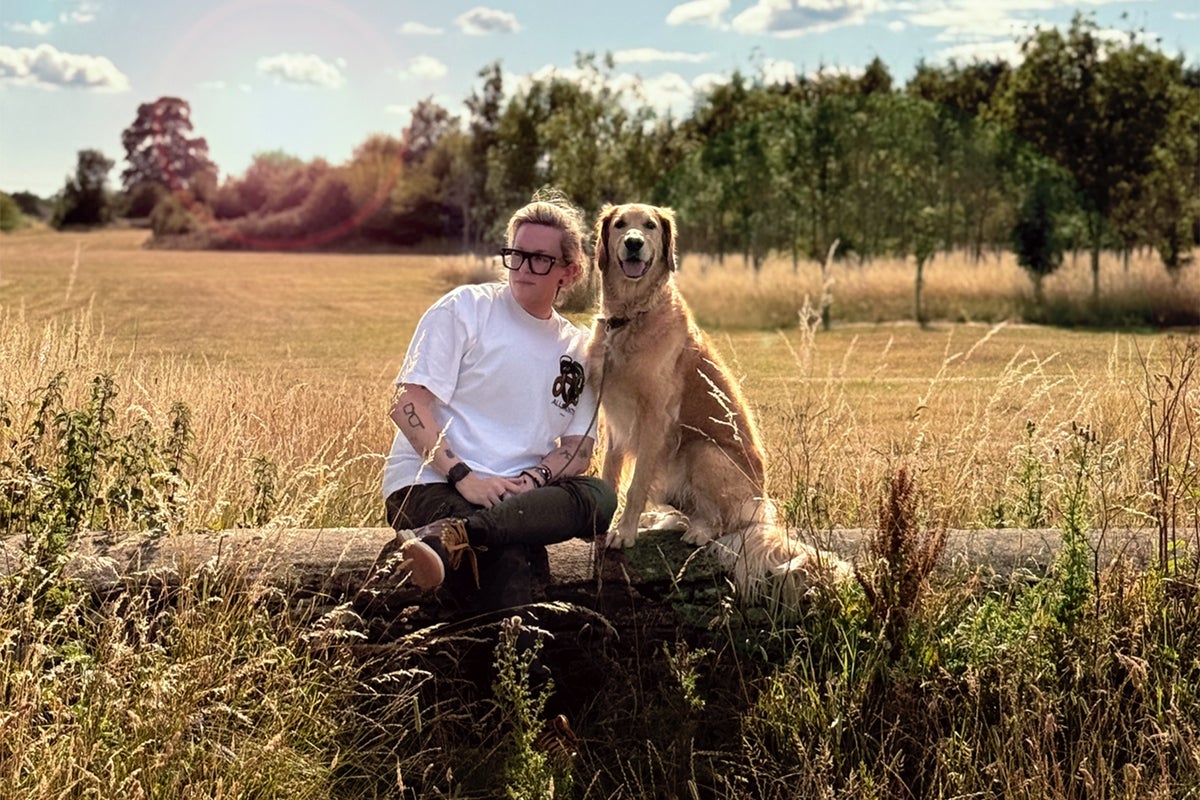When Kate Margolis found her dream dog online, she didn’t think for a second she could be falling for a scam.
A web designer herself, she said she was “blown away” by the breeder’s website and got in touch with him to find out more. He later called her and quizzed her on her home, lifestyle, and plans for the dog. He told her in order to secure a puppy, she’d need to send a deposit of £500. Then, in three months, she would be able to come and choose her new pet.
But just days before she was due to collect the dog, the man contacted her and said her puppy had eaten plastic and died. Then, when she tried to find out more, he took down his website, blocked her on everything, and disappeared.
“At first I thought that’s really strange,” she said. “A reputable breeder has allowed a puppy to find some plastic and chew it and die – something doesn’t add up here.
“I replied to him and asked for my money back. That’s when he disappeared – his website came down, his phone stopped ringing, and my £500 vanished into thin air.”
Data from Action Fraud shows Brits have lost £7.2m to pet scams since 2019, with 14,300 reports in that time. Speaking to The Independent, fraud bosses warned criminals are using social media to “prey” on people looking to buy their next pet online.
Kate said she was devastated by the loss of the dog she had imagined becoming part of her life, she never even stopped to think she may have been scammed.
“At the time I thought he had probably just been oversubscribed,” she said. “I was so consumed with finding a puppy to take home that I was like I’ll deal with this later.
“I called in sick to work and spent the whole day trying to find another breeder. I thought, right now, I just need to find a breeder that’s got a golden retriever.”
It was only when she started working in the pet industry that she realised she had been fooled by a scam artist hiding behind an impressive website and convincing phone call – and that she wasn’t the only one.
“Asking for deposits and disappearing is a really common theme,” she said. “It’s a fake name and a fake account, there’s nothing to trace you.”
But she warned scammers will use different techniques, including giving buyers a dog – but not the one they asked for.
“I’ve heard of people who have asked for a golden doodle and received an Irish wolfhound,” she added.
Realising there was no easy way for prospective pet owners to verify breeders, she decided to matters into her own hands and founded Petproov, a UK-based pet tech startup where people can undertake a risk verification process using government grade ID checks.
She said that since starting the platform, she has seen scammers use sophisticated and elaborate techniques including AI photos and videos of dogs and hiring out rental properties to deceive families into trusting them.
“AI has allowed scammers to be so much cleaner,” Kate said. “It’s a seamless operation. We see so many people who can’t tell what’s real and what’s fake.”
She added buyers should “trust their gut” and if a breeder isn’t willing to verify, walk away – no matter how difficult.
Action Fraud bosses have warned prospective pet buyers not to pay deposits or holding fees without checking the animal is genuine first.
Chief Superintendent Amanda Wolf, Head of Action Fraud and National Fraud Intelligence Bureau (NFIB), said: “Criminals prey on prospective pet owners looking to buy their next animal online. If someone on social media, or an online marketplace, has put an advert online, ask to view the animal in person or via a video call before paying any money.
“Do not pay a deposit or a holding fee without seeing if the animal is genuine first and avoid paying by bank transfer. Fraudsters could use fake accounts to put up fake adverts with pictures of animals that do not exist.
“Remember to Stop! Think Fraud and stay safe when purchasing online, ensure you protect your passwords by creating strong and memorable passwords for each of your online accounts. Always enable multi-factor authentication if you can.
“If you’ve been a victim of fraud, report to your bank immediately and report to Action Fraud online at actionfraud.police.uk or by calling 0300 123 2040. In Scotland, call Police Scotland on 101.”

